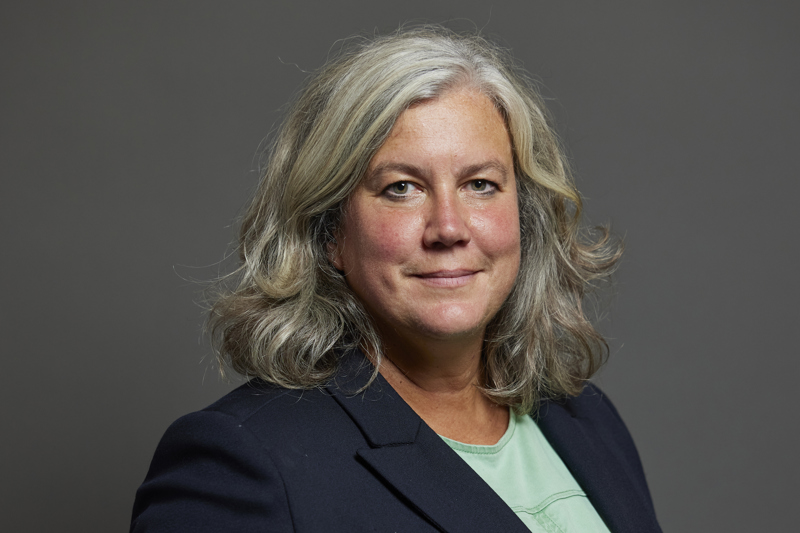
When Heidi Alexander stepped down as London’s Deputy Mayor for Transport, she had an Elizabeth line train named after her.

When Heidi Alexander stepped down as London’s Deputy Mayor for Transport, she had an Elizabeth line train named after her.
In London, where deputy mayors can be quietly moved on with little recognition, the new Transport Secretary was showered with compliments.
Previously the MP for Lewisham East, Heidi Alexander took on the transport brief under Mayor Sadiq Khan, with a focus on delivering his strategy.
By her own admission, in a tweet now used by her critics, she said she didn’t have “qualifications in transport”, but “working an average 60-hour working week is anything but easy”. She was widely regarded as hard-working, friendly and smart.
Initially, according to City Hall, she was going to be focused on “ensuring that London has a reliable, comfortable and affordable public transport system accessible to all - creating safe, healthy streets where people want to walk and cycle”.
That all changed with the delays that hit the Crossrail project.
Crossrail had always said it was “on time and on budget”. But as the project began to falter, in March 2018 she became City Hall’s troubleshooter and tried to sort out the mess.
She told BBC London: “I can guarantee you and I can guarantee Londoners that this project won’t be delayed any further for want of effort on my part, and on the part of the Mayor, to get this thing up and running as soon as possible.”
By November 2018, a new Crossrail management team had been brought in under Mark Wild. Insiders say she was an important part of that crucial change.
A flavour of the acrimony at that time came in 2019, in front of the London Assembly, when the departed former chair of Crossrail Terry Morgan insisted he had told the Mayor about the delays.
“I stick to my line on this. I don’t know what other interpretation you can give when we said delivery of Crossrail in 2018 was not feasible. Full stop,” he said.
City Hall always maintained it was not told of a delayed opening date until much later. Alexander, who was clearly exasperated by what had happened, told the hearing: “I don’t accept Terry’s summary of that meeting on July 26.
“We were told it was at high risk. I can categorically say that the first I heard of an autumn opening date was the last week in August.”
Crossrail eventually opened under the new management in May 2022 - three and a half years late and £4 billion over budget.
During the pandemic, passengers were told to stay away from public transport.
Transport for London needed money from central government to keep services for key workers running, and Alexander was involved in multiple negotiations. Usually, the government put conditions on its funding. Some of the strings attached were a review of Tfl’s pension fund. Concessions were also trimmed, and driverless trains would be looked at again. There were cuts and savings.
In October 2020, the government tried to get City Hall to extend the congestion charging zone for vehicles out to the North and South Circular, doubling its size. That would mean an extra £15 a day to drive in that zone.
At the time, Heidi Alexander told BBC London: “Neither the Mayor nor I can see how it would be right to charge people £15 to drive a mile from (say) Wandsworth to Clapham or from Catford to Lewisham from October of next year, if the congestion charge was to be extended out to the North and South Circulars.”
The proposal never happened. By the end of the pandemic, the Mayor claimed he and his team had managed to see off the worst of the cuts.
Alexander left City Hall in 2021 - a year later than initially planned, as she stayed on to help TfL through the pandemic.
Khan said: “I’d like to pay tribute to Heidi for tirelessly leading TfL through the pandemic - the most difficult period in its history.”
Heidi Alexander has experience of London. As Transport Secretary, she will also be under pressure not to show favouritism to the capital.
The question now is: will her challenges running London transport help her run transport right across the whole country?
Login to continue reading
Or register with RAIL to keep up-to-date with the latest news, insight and opinion.


















Login to comment
Comments
No comments have been made yet.